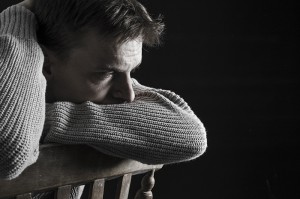Reducing Suicide in the Hunter
A new trial being conducted out of Newcastle aims to reduce suicide deaths by 20 percent and suicide attempts by 30 percent across the Hunter.
The Hunter was chosen as one of four sites to run the Lifespan trial following a donation of $14.7 million from the Paul Ramsay Foundation.
Jaelea Skehan, director of the Hunter Institute of Mental Health said there are nine strategies which form the new approach to suicide intervention.
“The nine interventions have the best research base behind them as being the most effective for suicide prevention, but what’s new about the model is ensuring that all of them are being implemented at the same time in a regional context,” said Ms Skehan.
“New South Wales overall has a low rate of suicide compared to the rest of Australia, but we do know that some of our communities such as Newcastle, Lake Macquarie and Upper Hunter areas do have rates which are slightly above the state average,”
“The trial is within the Newcastle local government authority, but we expect there will be benefits across the footprint because of the health partners and other organisations involved have a commitment to suicide across the region,” said Jaelea Skehan.
“The researchers working on the Lifespan trial, based on international evidence and modelling suggest there could be a 20 percent reduction in suicide death and 30 percent reduction in suicide attempts.

The Hunter Institute of Mental Health will be taking a coordinated approach to mental health in a new study.
“I’d really hope that in the future by working together, working differently and working across the community that we will start to see suicide being reduced across the region.
“One of the things we need individuals to know who are struggling is that they are not alone, that things can get better and that services and many people in the community are there to support them,” she said.
The nine interventions include:
- working with media on reporting on suicide and suicide prevention;
- reducing access to means – identifying patters and hots spots in a region;
- increasing the literacy around suicide preventions within the community;
- evidence based training for front line staff;
- community based suicide prevention programs;
- high quality treatments including online;
- better follow up care;
- educating general practitioners, and
- working with schools to educate young people.
If you are struggling with mental health issues, there’s always someone you can chat with on the phone or online at:
 scone.com.au
scone.com.au